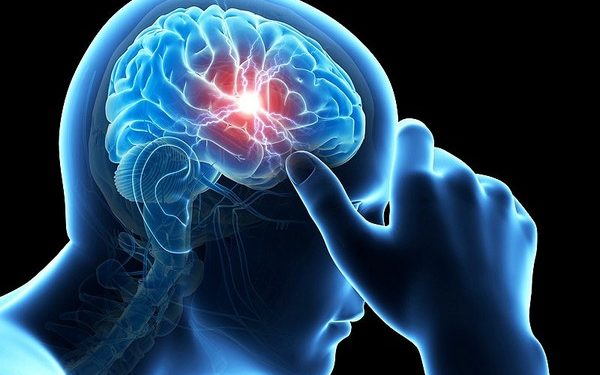Using adrenaline medication to restart the heart, during a cardiac arrest event, may double the risk of severe brain damage among the survivors, a study claims.
Application of adrenaline is one of the last things tried in attempts to treat cardiac arrest. It not only increases blood flow to the heart but also the chance of restoring a heartbeat.
However, it can also reduce blood flow in very small blood vessels in the brain, which may worsen brain damage, that leads to one survivor for every 125 patients, the researchers said.
“We have found that the benefits of adrenaline are small — one extra survivor for every 125 patients treated — but the use of adrenaline almost doubles the risk of a severe brain damage amongst survivors,” said lead author Gavin Perkins from the University of Warwick in Britain.
For the study, published in New England Journal of Medicine, the team analysed data of 8,000 patients who had suffered from cardiac arrest. Patients were allocated randomly to be given either adrenaline or a salt-water placebo.
The results showed that 130 people out of 4,012 patients, who were given adrenaline, were alive for 30 days as compared to 94 of the 3995 patients who were given placebo.
But, 39 people out of 128 patients who had been given adrenaline and survived, had severe brain damage, compared to 16 among the 91 survivors from placebo group.
“This trial has answered one of the longest standing questions in resuscitation medicine. Members of the public can make a much bigger difference to survival through learning how to recognize cardiac arrest, perform CPR and deliver an electric shock with a defibrillator,” said co-author Jerry Nolan from the Royal United Hospital Bath in Britain.
IANS






































